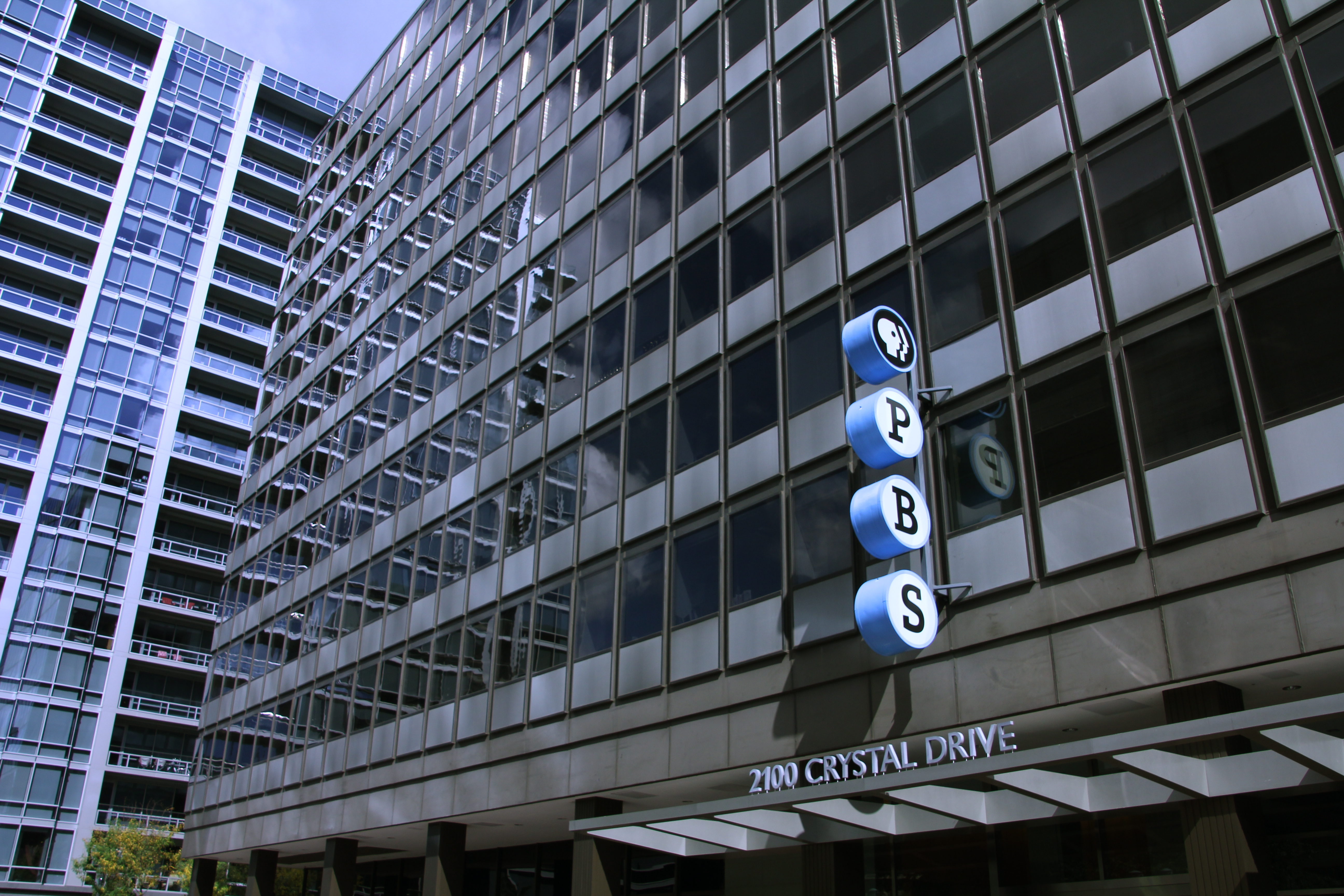STATEMENT
Statement on defunding of US public media
18 July 2025
The Public Media Alliance is deeply troubled by the final congressional approval of a rescission package stripping more than $1 billion in advance funding from the Corporation for Public Broadcasting, imperilling the backbone of the United States’ public media system. We stand in support of our members PBS and CPB, and our public media friends and colleagues across the country.

The U.S. House of Representatives has voted 216-213 to give final approval to President Donald Trump’s $9 billion rescission package to rescind the entire $1.1 billion two-year advance appropriation for the Corporation for Public Broadcasting (CPB) that had already been enacted for fiscal years 2026-27. The package also claws back almost $8 billion in foreign-aid accounts. Just 24 hours earlier, the Senate approved the same measure 51-48, with only two Republicans siding with Democrats.
Once signed by President Trump, the legislation will eliminate the core federal support CPB channels to more than 1,500 local public television and radio stations. This funding supports the national programming of NPR and PBS and, crucially, represents more than half the budgets of many small rural and tribal outlets.
This unprecedented move comes despite heavy protestation and appeals from audiences, politicians and advocacy groups – including the Public Media Alliance – urging senators to reject the House-passed bill. These calls warned that the loss of federal funding would have devastating consequences for the millions of Americans who rely public media for fact-based news, trusted children’s content, and lifesaving emergency alerts, especially at a local level.
Read more: PMA: Senate must reject CPB funding cuts
The bill will now go to President Trump for his signature.
Public media responds
In the days of the Senate and House votes, CPB, NPR, and PBS all released statements in response. Altogether, the three national organisations emphasised that the appropriation for CPB offers significant value for money to taxpayers, underpinning unparallelled public service programming, and anchoring a network that reaches 99 percent of Americans.
In an 18 July statement, CPB’s President & CEO Patricia Harrison called the vote “a decision with profound, lasting, negative consequences for every American.”
“Without federal funding, many local public radio and television stations will be forced to shut down. Parents will have fewer high quality learning resources available for their children. Millions of Americans will have less trustworthy information about their communities, states, country, and world with which to make decisions about the quality of their lives.” — Patricia Harrison, President & CEO of CPB
Similarly, PBS President & CEO Paula Kerger, in her 17 July statement, said the package “goes against the will of the American people” and will be “especially devastating to smaller stations and those serving large rural areas.”
“Many of our stations which provide access to free unique local programming and emergency alerts will now be forced to make hard decisions in the weeks and months ahead. There is nothing more American than PBS. Despite today’s setback, we are determined to keep fighting to preserve the essential services we provide to the American public.” — Paula Kerger, President & CEO of PBS
Meanwhile, NPR President & CEO Katherine Maher – in her 18 July statement issued hours after the House’s final vote – noted that “nearly three-in-four Americans rely on their public radio stations for safety alerts and news” and warned that any fallout from the bill “will be an irreversible loss.”
“Public funding has enabled the flourishing of a uniquely American system of unparalleled cultural, informational, and educational programming, and ensured access to vital emergency alerting and reporting in times of crisis — all for about $1.60 per American, every year. Parents and children, senior citizens and students, tribal and rural communities — all will bear the harm of this vote.” Katherine Maher, President & CEO of NPR
PMA: “We remain in support of public media”
The Public Media Alliance stands with its member PBS, affiliate member CPB, and all public media stations, friends and colleagues across the USA.
So-called fiscal prudence cannot justify striking at the heart of an institution that has served the American public for nearly sixty years. US public broadcasters are more than entertainment: they provide quality journalism, universal children’s education, diverse cultural content and, in emergencies, a trusted voice that tells families when to seek higher ground. Stripping CPB of its appropriation removes the oxygen from 1,500 local stations. For many citizens — especially those in rural, Indigenous, and low-income communities — there is no alternative local news source. While NPR and PBS, with diversified incomes, may weather the loss, local stations that depend on CPB for more than half their operating budgets will not.
PMA reiterates our unwavering support for CPB and for the thousands of public media journalists, producers, and other staff who keep Americans informed. We urge President Trump to reconsider and call on Congress to explore immediate remedies to avert widespread station closures, including bipartisan legislation to better protect advance funding. The current situation stands to undermine media pluralism and access to information, and risks weakening democratic resilience.
More on Trump and Public Media
A crisis, a controversial reform bill, and a funding boost
11th November 2025
The impact of the Federal Rescission on US Public Media
10th October 2025
PMA joins call to maintain existing US visa system for foreign journalists
11th September 2025


